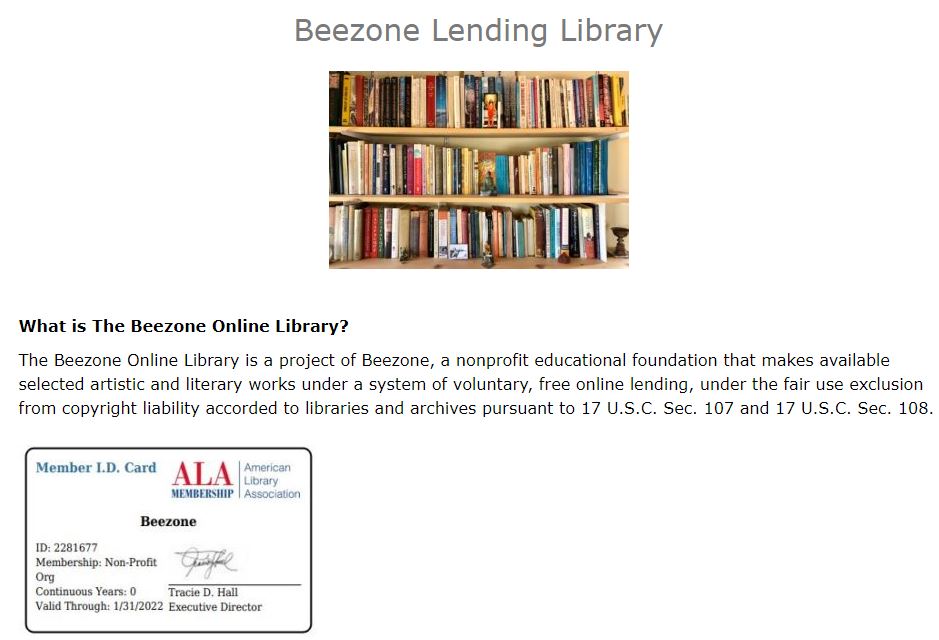Gautama’s Problem
Gautama defined conditional or “born” existence in the
terms of a problem, and he described the Way of Transcendental Realization
in the terms of a solution to the originally presumed “problem” of born
existence. He declared that conditional existence in any form (or as any
individuated being) is (1) necessarily temporary (or always changing),
(2) only the product and expression of conditional causes (rather than
of some Divine Cause or of some immortal internal and personal essence),
and (3) inherently, always, and ultimately disturbed, frustrated, confounded,
bewildered, deluded, and summarized as suffering.
On the basis of this analytical summary of the status
of conditional existence as a problem, Gautama built his program for release.
Once he was able to define conditional existence in the terms of a problem
with specific features, he could indicate the process and the state of
release as a logical solution that followed inevitably once the specific
original problem was accepted as a factual description of the status of
born existence. In fact, Gautama’s intention to motivate his hearers (and
himself) toward the state of release was the principle that caused him
to consider and describe conditional existence in the terms of a problem
and the Way in the terms of a solution to that problem.
For Gautama, the matter of ultimate importance was the
Samadhi or unconditional Realization of the Transcendental (or Nirvanic)
Condition. And it is the Realization of That that is the common Truth of
all Great Adepts. What distinguishes such Adepts from one another are (1)
the characteristic limitations of the first six stages of life that may
yet affect their thought and communication, and (2) motives and tendencies
in their Teaching to Argue the Way toward Realization rather than
simply express ultimate Realization Itself. Therefore, what distinguishes
Gautama from other Buddhist and Advaitist Adepts is his sixth stage “realist”
orientation toward descriptions of existence and his intention to Argue
for Realization on the basis of a description of existence that implies
release as the only appropriate or rational goal of human endeavor.
For further reading go to:
